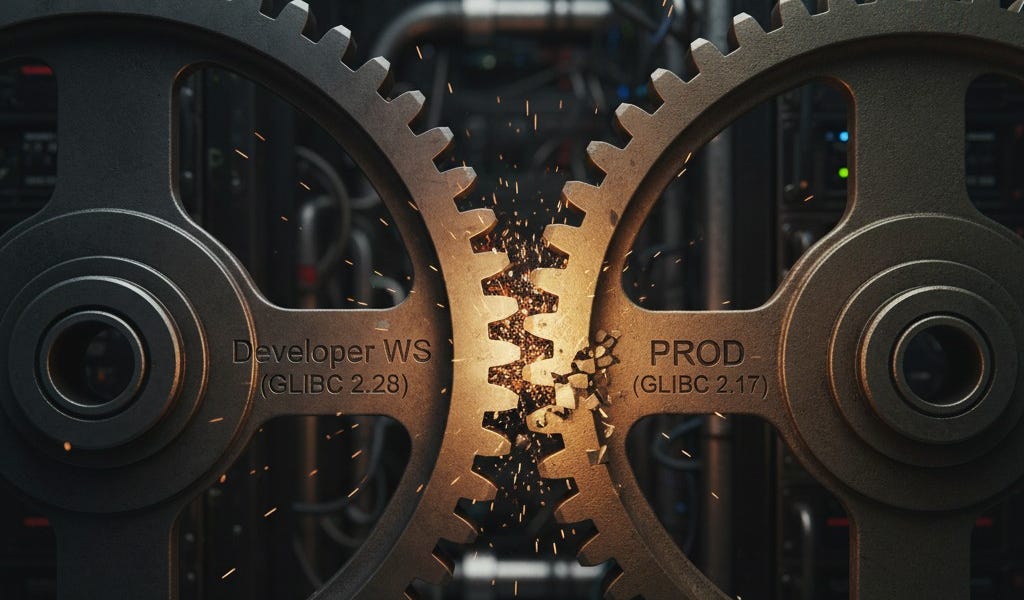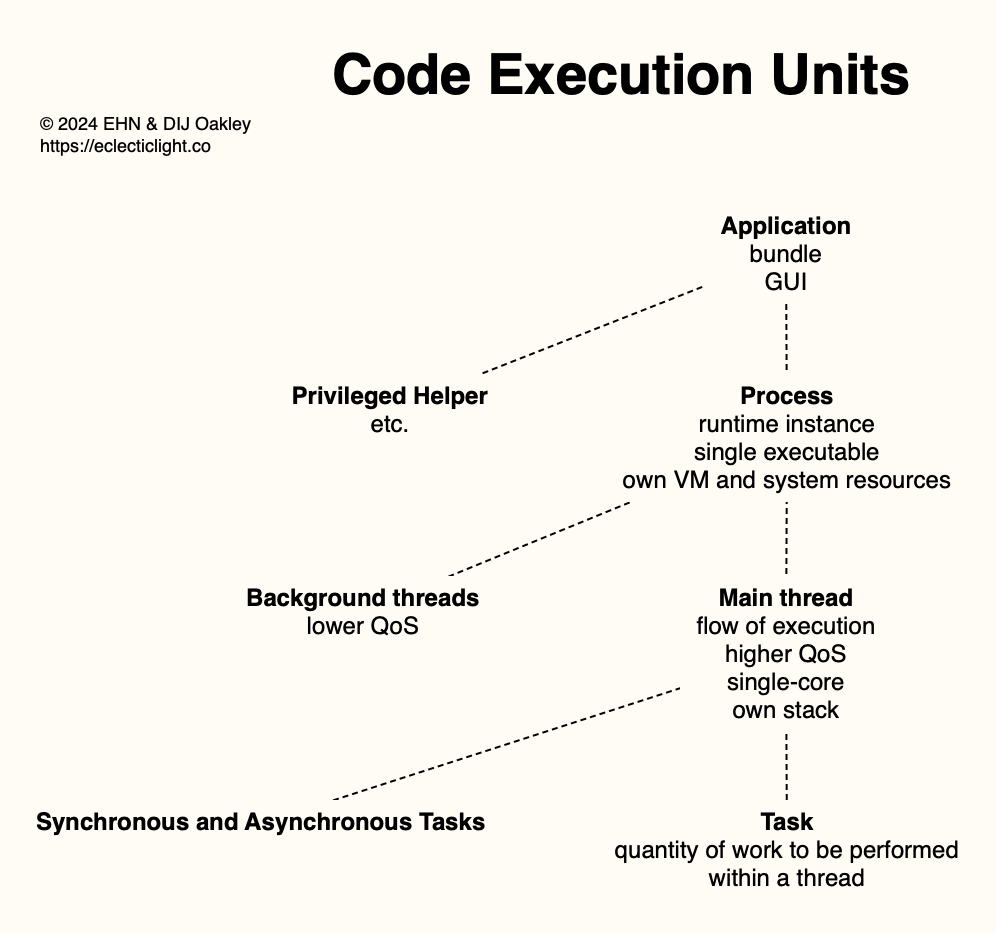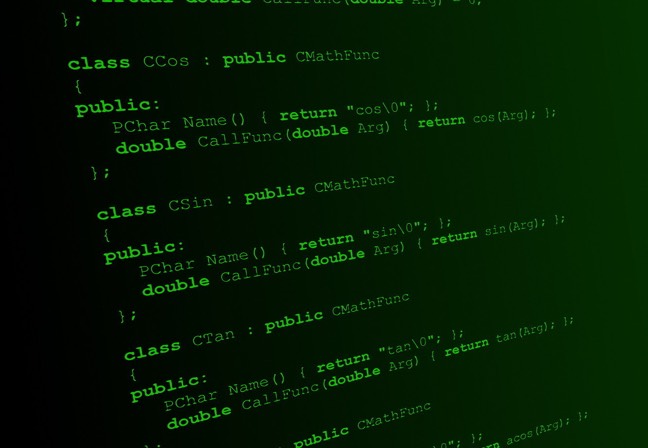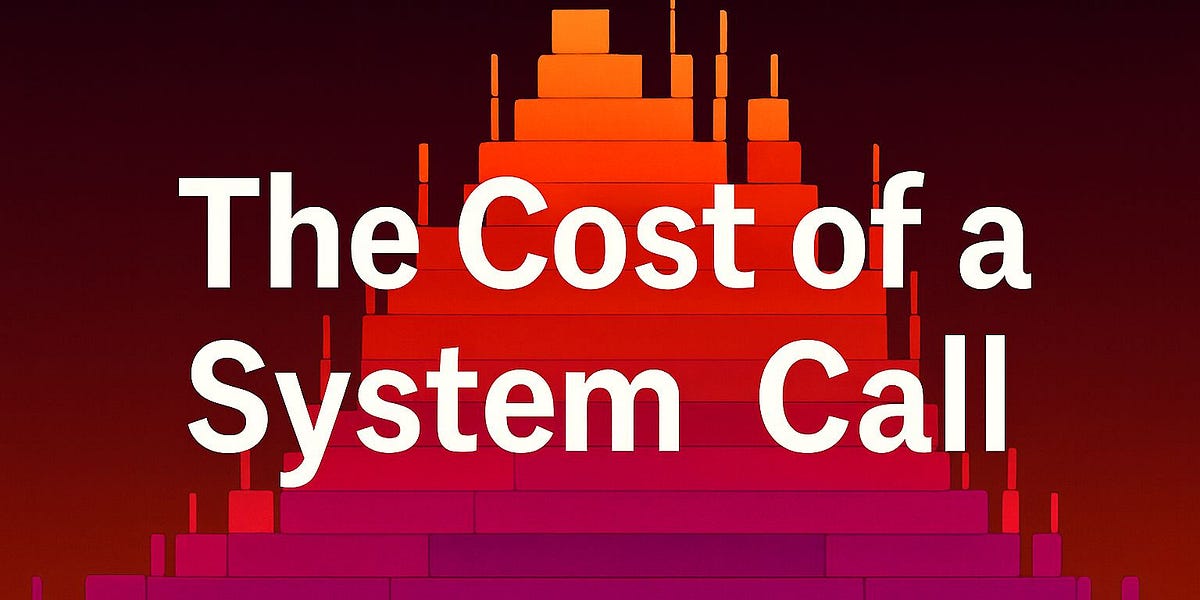GPU Kill: Cross-Platform GPU Management CLI
GPU Kill is a command-line tool for managing GPUs across NVIDIA, AMD, Intel, and Apple Silicon systems. Easily monitor, control, and secure your GPU infrastructure. Features include real-time GPU usage monitoring, killing stuck processes, detecting crypto miners and suspicious activity, enforcing policies to prevent resource abuse, a web dashboard for cluster monitoring, remote management of GPUs across multiple servers, and AI assistant integration. Supports Linux, macOS, and Windows. Simple command-line interface and a web dashboard provide user-friendly management.










%20(1).png)


